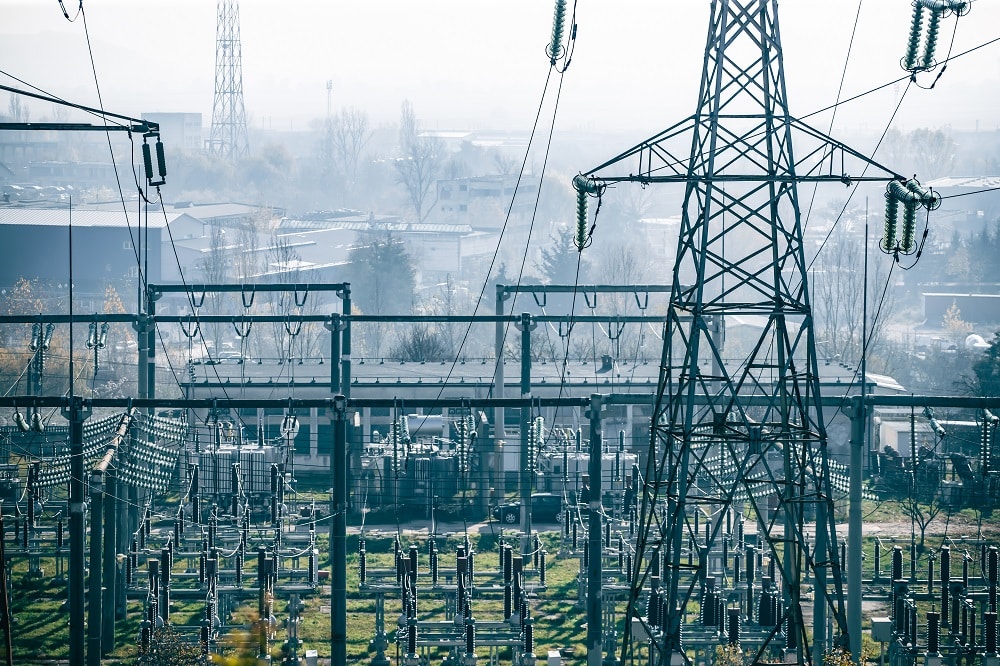In the first half of the year, private companies selling electricity may face losses amounting to tens of millions of zlotys due to the absence of a mechanism compensating for the real cost of purchasing energy sold to eligible consumers, warns the Confederation of Lewiatan. This concern particularly affects the sale of electricity to micro, small, and medium enterprises. To date, the regulations supporting these consumers of electricity, gas fuels, and heat for independent and private energy sellers have not been amended.
The issue stems from the way compensation is calculated. The legislation, which was passed rapidly without any public consultations, extended the period of maximum prices for the sale of electricity to micro, small, and medium enterprises from the end of 2023 to the end of June 2024. However, the deadline dates for concluding sales contracts to this group of consumers, which affect how the compensation for sellers is calculated, were not changed, according to Paulina Grądzik, an expert at the Confederation of Lewiatan.
Continuing the current maximum price mechanism for consumers in 2024 lacks legal basis, especially for consumers other than households. EU regulations allowing energy market interventions expired at the latest by the end of 2023. Maintaining regulations that freeze electricity prices exposes our country to financial penalties due to the non-compliance of national laws with EU law, argues Wojciech Graczyk, President of the Board of the Private Employers’ Association of Energy in the Confederation of Lewiatan.
The cut-off date of October 14, 2022, means all contracts signed after this date, before the law took effect in December 2022 and throughout 2023, will be compensated up to a reference price calculated based on SPOT market prices during their duration until the end of June 2024. This compensation calculation method was introduced despite the fact that energy purchases for the fulfillment of contracts with delivery throughout 2024 were made in a different market (mainly forward transactions) and at different prices.
The lack of compensation mechanisms results in financial losses for sellers. At the time of concluding sales contracts with consumers at a fixed price, sellers purchase energy for the entire duration of the contract (so-called back-to-back transactions). For much of 2023, the price of energy for 2024 was above the maximum price set by the law for the first half of 2024. As a result, sellers entered into contracts with consumers at prices higher than the maximum sales prices to these consumers, introduced by the law for the first half of 2024. Due to the absence of a mechanism to compensate for the real cost of purchasing energy sold to eligible consumers in the first half of 2024 (since the regulations in this respect have not been amended accordingly), sellers will incur actual losses. It is estimated that these could amount to tens of millions of zlotys for the first half of 2024.
Lewiatan also points out the negative effects of the government’s lack of clear declarations regarding the expiration of the maximum price mechanism for selling electricity to consumers other than households after June 30, 2024. The market price level of electricity is currently even 300 zlotys/MWh below the maximum price level indicated in the law. Therefore, there are no economic reasons justifying the need to maintain these regulations.
Paulina Grądzik adds, “We call for the law to be amended as soon as possible, including in terms of compensation for applying maximum prices to eligible consumers other than households. Companies are incurring significant financial losses due to this. The lack of clear government declarations about the expiration of the law on maximum prices for consumers other than households creates a blockade of price list changes for these consumers and complicates the process of consumers and sellers entering into electricity sales contracts after this date, thereby blocking the development of a competitive energy market.”
